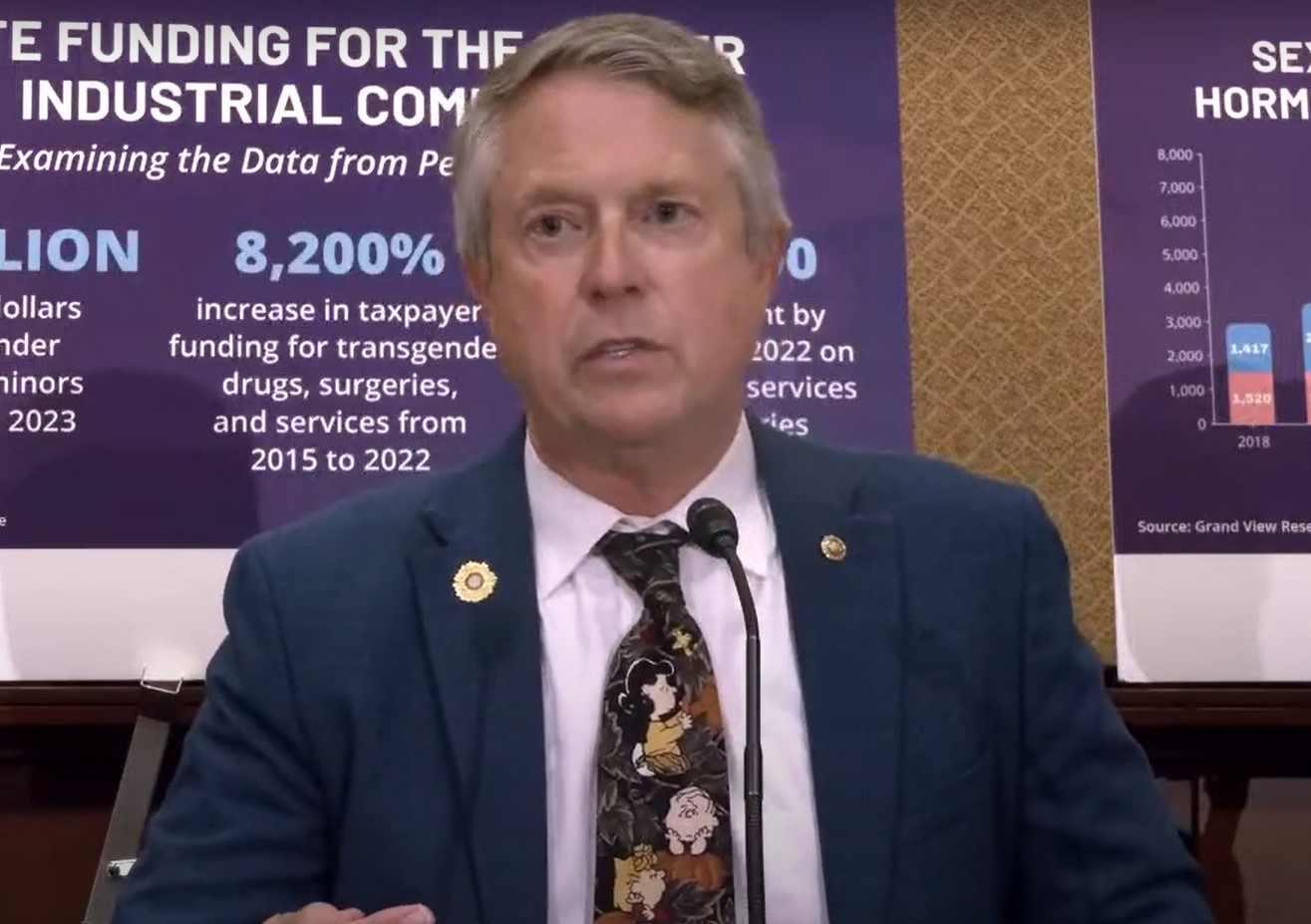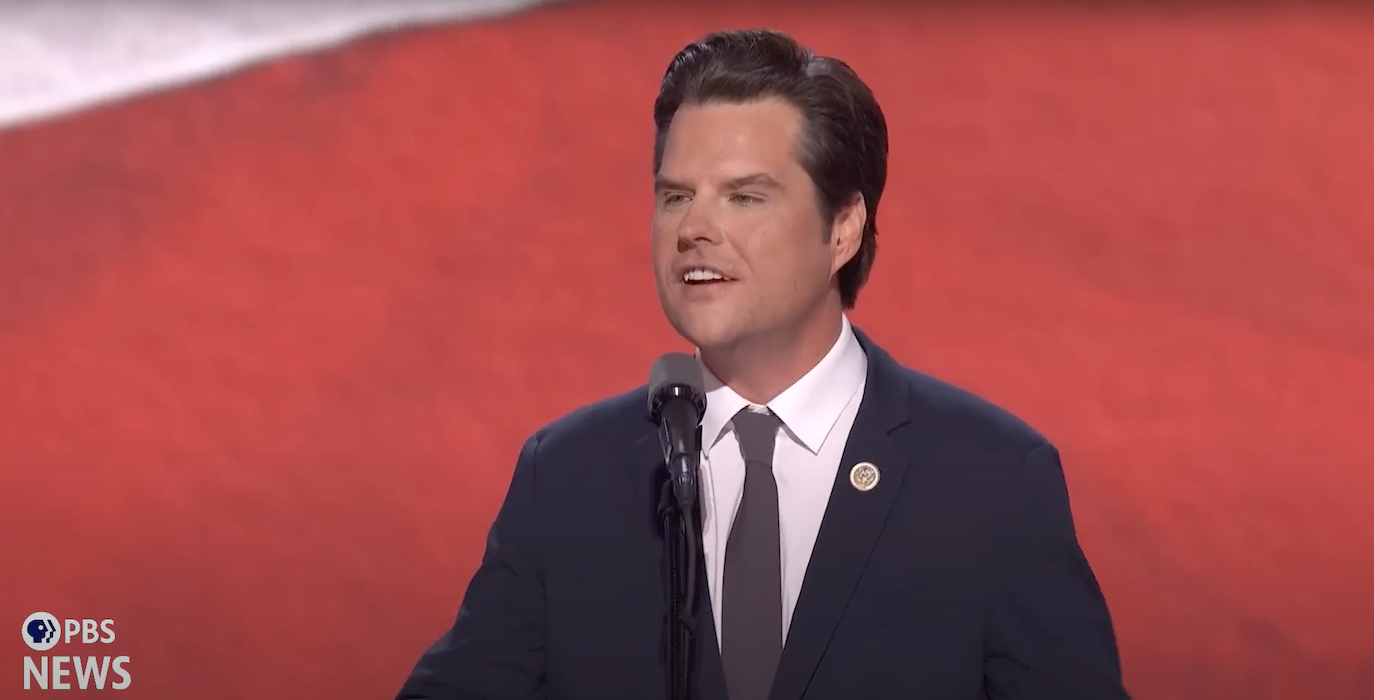House budget battle moves to floor
The House Prepares for Showdown on Budget Bills
The House is gearing up for a high-stakes battle over budget bills as it plans to vote on allowing individual debates on the floor. This comes just days before the start of the new fiscal year on October 1. The House Rules Committee has already advanced four budget bills, including the $1.5 trillion Farm Bill, the $91.5 billion Homeland Security budget, the $52.5 billion State Department spending plan, and the $886.3 billion National Defense Authorization Act. These bills will join the annual federal budget, which consists of 12 bills in total. However, with only one bill adopted so far, the House faces a daunting task of approving the remaining 11 bills and reaching a compromise with the Senate before the September 30 deadline.
Related Stories
- House Panel Set to Advance 2024 Budget Bills to Floor – September 23, 2023
- Freedom Caucus Republicans Signal Optimism on Budget Deal, But Challenges Still Ahead – September 22, 2023
The House’s battle over the budget is not just about numbers and policies. It’s a clash of ideologies and a fight for political leverage. The National Defense Authorization Act (NDAA), in particular, has been a contentious issue, with Republicans demanding individual debates on spending bills. Conservatives, led by the House Freedom Caucus, are pushing for a lower federal spending cap and are determined to make their voices heard.
But beyond the procedural drama, the upcoming budget bills are expected to be filled with controversial provisions that touch on various cultural and political issues. These include votes on funding for Ukraine, the United Nations, the Department of Agriculture, and the southern border wall. The House floor will be a battleground for these contentious proposals.
However, the fate of these proposals in the Democrat-led Senate remains uncertain. Many of these measures are unlikely to pass in the upper chamber, making the House Republicans’ efforts seem futile. As Rep. Jim McGovern (D-Mass.) pointed out, these bills are more about partisan talking points than actual legislative progress.
Budget Builds the Wall
The proposed FY24 Department of Homeland Security Appropriations Act, known as HR 4367, aims to cut President Joe Biden’s budget request by more than $11 billion. However, it increases discretionary spending and allocates $2.1 billion to resume construction of the border wall. The bill also includes provisions to hire more Border Patrol agents and emphasizes the need for border security.
While some argue that the focus should be on immigration enforcement beyond the border, supporters of the bill believe that securing the border is crucial to national security. The proposed budget also addresses other issues, such as drug trafficking and asylum reforms.
Budget Defunds the UN
The FY24 Department of State, Foreign Operations, and Related Programs Appropriations Act, designated as HR 4665, significantly reduces President Biden’s budget request by $16.4 billion. It eliminates contributions to international organizations, suspends funding for the United Nations and the U.S. Agency for International Development (US AID), and aims to cut wasteful spending.
Proponents of the bill argue that it prioritizes funding for key allies, national security interests, and countering China’s influence. However, critics claim that it undermines America’s global leadership and promotes isolationism. The bill also includes provisions related to abortion, cultural issues, and scrutinizes funding for international non-profit organizations.
Proposals Guided by New Audits: Conservatives
The House’s approach to budgeting has taken a new direction, with a thorough review of international organizations and programs that receive U.S. taxpayer dollars. This audit-like analysis has led to funding cuts and eliminations for various groups. The goal is to ensure that taxpayer money is used effectively and in line with national security interests.
However, Democrats argue that these cuts undermine America’s credibility and influence on the world stage. They claim that the bill is driven by partisan culture war issues and neglects important global challenges. The debate over funding for the United Nations and other organizations reflects the ideological divide between the two parties.
$1.5 Trillion Farm Bill Unlikely Until December
The Farm Bill, a massive piece of legislation that funds farm commodity, nutrition, and conservation programs, is facing delays and disagreements. The House version of the FY24 Agriculture, Rural Development, Food and Drug Administration, and Related Agencies Appropriations Act was withdrawn after conservatives demanded more spending cuts. With over 200 proposed amendments, including defunding programs and reducing operating costs, the bill remains a contentious issue.
The differences between the House and Senate versions of the Farm Bill, as well as the need for bipartisan support, are expected to prolong the legislative process. Senate Agriculture Committee Chair Sen. Debbie Stabenow predicts that a final Farm Bill won’t be ready until December.
How do supporters of defunding international organizations and redirecting funds to domestic priorities address the potential concerns raised by critics regarding the negative effects on global stability and undermining of U.S. influence? What arguments can be made to counter the critics and maintain focus on domestic priorities
Argue that the United Nations and other international organizations have been ineffective and wasteful in their use of funding. They believe that redirecting these funds to other domestic priorities will benefit the American people. Critics, on the other hand, warn that defunding international organizations can harm global stability and undermine U.S. influence on the world stage.
Budget Supports Agriculture
The Farm Bill, an essential piece of legislation for agricultural policies and programs, has always been a contentious issue. The proposed FY24 Agriculture, Rural Development, Food and Drug Administration, and Related Agencies Appropriations Act, designated as HR 4915, authorizes funding for various agricultural programs, food safety initiatives, rural development projects, and nutrition assistance programs. It also addresses issues such as climate change and supports conservation efforts.
The debate over the Farm Bill often revolves around the level of funding allocated to different programs. Supporters argue that a robust investment in agriculture is necessary to ensure food security and support rural communities. Critics, however, raise concerns over the size and scope of government intervention in the agricultural sector.
Budget Strengthens National Defense
The National Defense Authorization Act (NDAA), designated as HR 4350, is a crucial bill that authorizes defense spending and establishes defense policies. The proposed FY24 NDAA allocates $886.3 billion for the Department of Defense, focusing on modernization efforts, readiness, and military capabilities.
The debate over defense spending often reflects differing opinions on national security priorities. Supporters argue that a strong defense is essential to protect American interests and maintain global stability. Critics, however, question the need for such significant funding and emphasize the importance of investing in other domestic priorities.
The Road Ahead
The House faces a challenging task in passing the remaining budget bills and reconciling them with the Senate’s version. Bipartisan cooperation will be crucial to avoid a government shutdown and ensure fiscal stability. However, with political divisions running deep and ideological differences at play, reaching a compromise may prove difficult.
The upcoming votes on the budget bills will not only shape the nation’s fiscal policies but also set the stage for future political battles. As the House prepares for this showdown, the outcomes will undoubtedly impact the lives of Americans and shape the direction of the country.
" Conservative News Daily does not always share or support the views and opinions expressed here; they are just those of the writer."





Now loading...